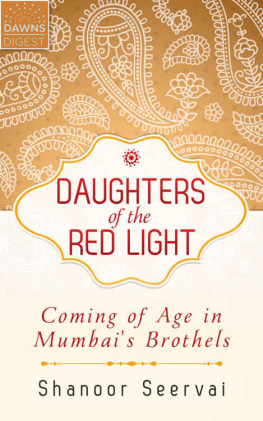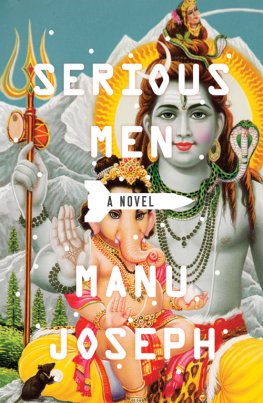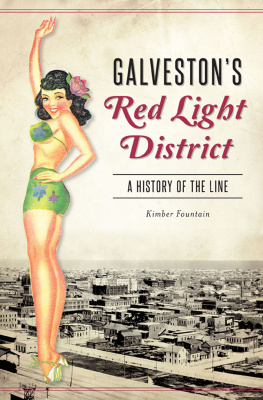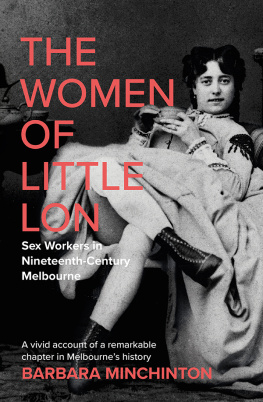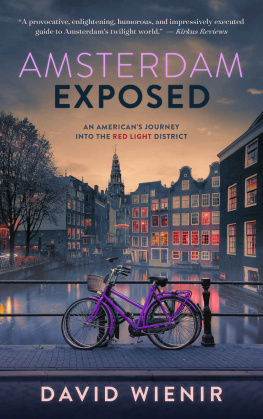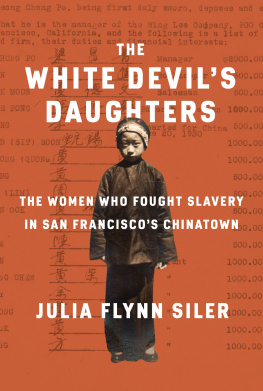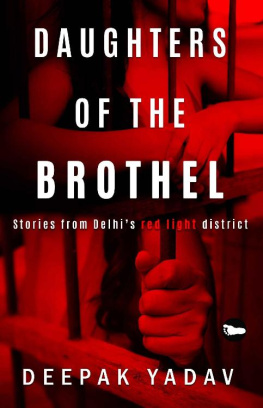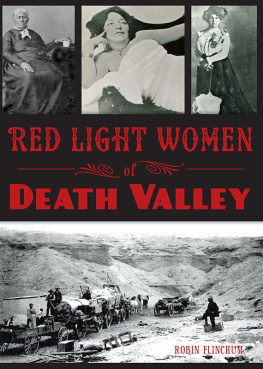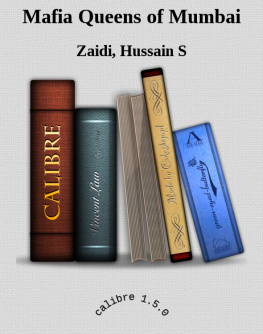Daughters of the Red Light
Coming of Age in Mumbai's Brothels
Shanoor Seervai
Copyright 2015 Shanoor Seervai
All rights reserved.
Ebook formatting by www.ebooklaunch.com
Table of Contents
Shanoor Seervai is an Indian writer and journalist. Her work has appeared in The Wall Street Journal, The Daily Beast, Guernica Magazine, The Caravan and The Indian Express. Born and raised in Mumbai, she now lives in Cambridge, Massachusetts, where she is pursuing an advanced degree in public policy at the Harvard Kennedy School of Government.
DAWNS Digest is a social enterprise premised on the idea that a community of global news consumers can be inspired to support compelling humanitarian storytelling. Proceeds from our news clips service and book sales support journalists, photographers and talented individuals from around the globe tell stories of international importance that deserve wider attention.
Daughters of the Red Light by Shanoor Seervai is our second e-book and a manifestation of our mission to help these powerful stories reach a wider audience. It was skillfully edited by Luke Jerod Kummer.
If you would like to learn more about DAWNS Digest or sign up for our free global humanitarian news clips service please visit
Mark Leon Goldberg & Tom Murphy, co-founders.
Daughters of the Red Light
Coming of Age in Mumbais Brothels
By Shanoor Seervai
When you come as a volunteer, youll have to dress differently, said my new supervisor, disdainfully running her eyes over my black capris and short-sleeve scoop-neck purple T-shirt.
Yes, of course, I stammered in embarrassment. I dont expect to Ill wear Indian clothes when I visit the brothels. I cursed myself for not choosing a more appropriate outfit to meet the head of an anti-trafficking nonprofit that helps sex workers and their children in Mumbai.
I went straight home and rifled through the bottom shelves of my closet, looking for my loosest, most modest salwaar khameezes. I found a full-sleeve pink-and-green one that looked about right. And then a synthetic black one that would dry quickly if it got wet in the monsoon. Or the flowing blue khameez with a geometric pattern of overlapping diamonds that belonged to my grandmother. I hoped theyd keep me unnoticed.
When I ventured into the brothels of Falkland Road a few days later, everyone turned to stare.
The lungi-clad men in the dank hallways Id anticipated. But I was unnerved when the women swiveled their heads to gawk at me. A client asked a pimp how much I cost, erupting in laughter. I pretended I didnt understand.
When I told my friends I would be volunteering in Kamathipura, the citys largest red-light district, the first question they asked was, Is that safe? At the time, the question seemed prejudiced. At 20, I thought I was too worldly for such small-minded fears.
But the only place I ever felt comfortable over my three months there was at the daily after-school program where I taught English to first-graders whose moms were sex workers. The goal was to help them stay in school, where they would be less likely to become ensnared in the sex trade.
Over time, I got to know something about the childrens lives. There was one girl, Shabnam, who always finished her work last, but the drawings on the backs of her worksheets were the most intricate. Before she colored, she studied all the crayons in the box, carefully selecting the ones she needed, lining them up in a neat row in front of her.
Shabnam wore her hair in two thick braids, tied at the ends with red ribbons. When she grinned her response to frequent mistakes in math homework she revealed a large gap between her two front teeth. Her mother worked at a brothel on Falkland Road, and at least once a week Shabnam missed school because her mother didnt wake up to walk her to the bus stop.
One day in July of 2009, Shabnam came to class in a sleeveless orange T-shirt and gray shorts. A few minutes before class ended, sheets of rain suddenly drenched the world outside the windows. The other students began pulling crumpled plastic raincoats out of their bags or waiting for their mothers to arrive with umbrellas. I was collecting my things when Shabnam, without a raincoat or umbrella, asked, Didi, mein ghar kaise jaon? Aap mujhe chhod dogi? Big Sister, how will I go home? Will you drop me?
We crouched under my umbrella as I walked her home. The drains in Kamathipura are perpetually clogged. The street had started to flood. We cut through the downpour to Falkland Road. Empty plastic bags, coconuts, stray slippers, and muck rose up with the water. Despite the pelting rain, the women were standing in the doorways of the brothels, waiting for customers who might be undeterred. Their faces were carefully made up with lipstick, eyeliner, and a mask of powder iridescent under the streetlights glow.
Shabnam trotted along confidently, until she suddenly darted out from under the umbrella and hopped over a puddle. Bye, Didi, she called, waving over her shoulder as she disappeared up a dark wooden staircase at a brothel called Caf House. I still have a vague recollection of where it is, though in the dark, all the alleyways look the same.
For a few moments, I stood there, transfixed. I gazed up the stairs into the abyss and imagined the men jeering inside with red, unfocused eyes, the businesslike madams counting cash, and the sex workers putting on a grand show with pouty lips and hips suggestively cocked to one side. A seven-year-old girl, who often deliberately forgets her math textbook at school but loves to draw, goes home every evening to this, a place where abuse of women is routine, I thought.
I was overcome by a sudden impulse to run up the spit-stained stairs and rescue Shabnam from the room on the second floor. But I turned around instead. In the taxi to the station, boarding the train and riding home in the pouring rain, I repeated, No one will ever forgive me, over and over. My father answered the door to the apartment. I left a seven-year-old girl at a brothel today, I blubbered.
I cried through my hot shower and home-cooked dinner, my brother glancing warily in my direction, prompting my mother to cast stern looks at him.
That memory of Shabnam and the abyss stays with me even today.
*****
For seven years, from high school in Vancouver, to college in Rhode Island, to a brief sojourn among Brooklyns hipster and yuppie tribes, landing meant one thing: the descent after 16 hours of in-flight entertainment into a boiling swirl of chaos.
Yes, I flew into other cities during that time, and was duly impressed. How could I not marvel at Manhattans stately welcome as a carpet of sparkle was unfurled below me and towering spires saluted from just outside the airplanes window?
But nothing was more magical than hearing the jet engine change pitch at the edge of the Arabian Sea. The seatbelt would stretch against my waist as I craned past the understandably peeved passenger beside me, and I would watch in wonder as black nothingness gave way to the radiant metropolis of memory. This, I knew, was the beginning of a sorely missed cascade of sensations, culminating in that which I inexplicably craved: the Bombay Smell.
Nobody will ever forget that first breath after the aircraft door opens in this city of 18 million on Indias west coast. On modern maps it is now called Mumbai, ever since a right-wing political party rechristened it two decades ago, but for many proud denizens the new name doesnt always stick, and it remains, affectionately, Bombay.
After being away for so long, the Bombay Smell more aptly described as a stench, if love hadnt prevented me from such derision would trample upon my weary face and press against my unaccustomed nostrils, demanding my undivided attention. Jet lag be damned! By the time the air entered my lungs, it already had begun to percolate into my pores, refusing to let me be a stranger. The Smell announced that another North American winter had been temporarily suspended for Maharashtras perpetual, buggy heat.
Next page
